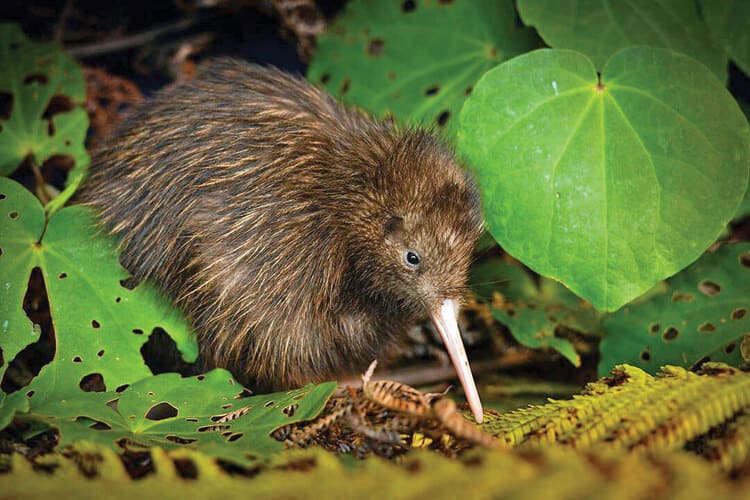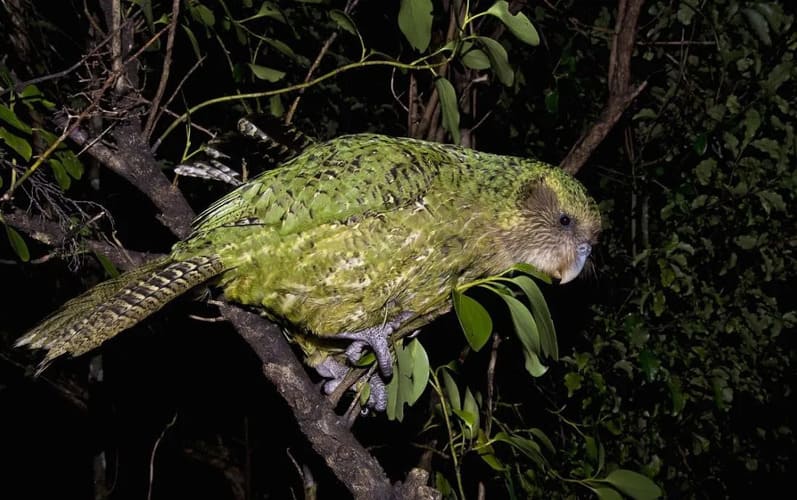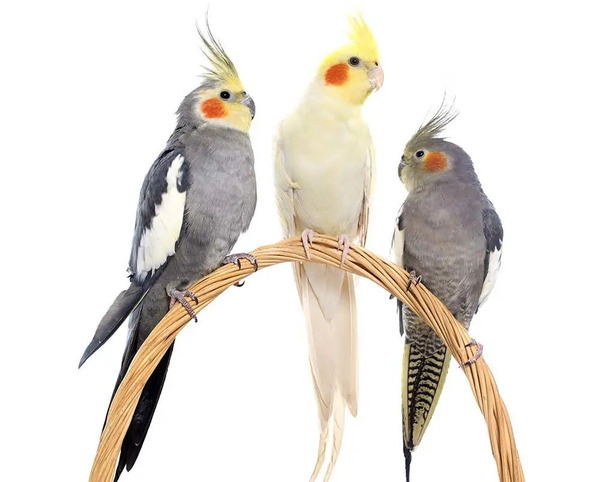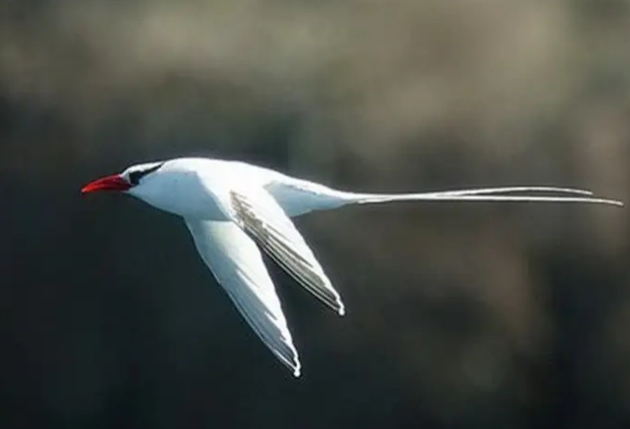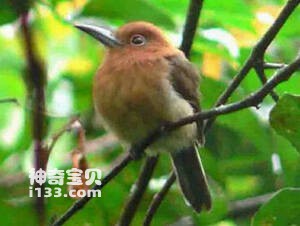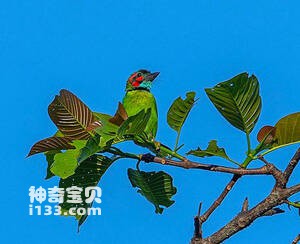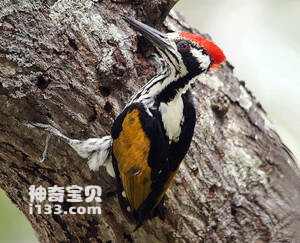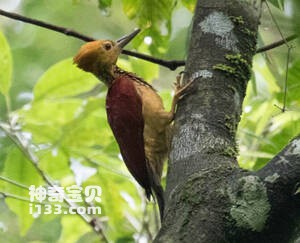Sephanoides fernandensis
IUCN
LCBasic Information
Scientific classification
- name:Sephanoides fernandensis
- Scientific Name:Sephanoides fernandensis,Juan Fernandez Firecrown
- Outline:Climbing birds
- Family:
Vital signs
- length:About 10-12 cm
- Weight:6.8-10.9g
- lifetime:No textual research information is available
Feature
Distribution and Habitat
The Firecap hummingbird is found in South America (including Colombia, Venezuela, Guyana, Suriname, Ecuador, Peru, Bolivia, Paraguay, Brazil, Chile, Argentina, Uruguay, and the Malvinas Islands (also known as the Falkland Islands).
Appearance
The female is 10 cm long and weighs 6.8 g, while the male is 11.5 to 12 cm long and weighs 10.9g.
Details
The fire-crowned hummingbird (Sephanoides fernandensis, Juan Fernandez Firecrown) is an endangered species.
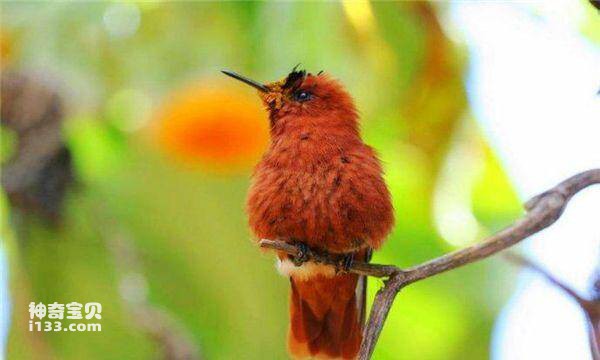
The Firecap hummingbird flies at a speed of 90 kilometers per hour, and can reach 100 kilometers per hour if diving. Hummingbirds exercise very much, in order to supply the high consumption of physical energy, hummingbirds will eat about twice their own volume of food (pollen) every day, and therefore is believed to have an amazing metabolic rate. Hummingbirds have the fastest metabolic rate of all animals, and their hearts can reach 500 beats per minute. Hummingbirds consume more than their body weight in food every day, and must eat hundreds of flowers every day to get this huge amount of food. Sometimes hummingbirds must endure hours of starvation. To adapt, they can slow down their metabolism at night or when food is not readily available, entering a hibernation like state called hibernation. During hibernation, the heart rate and breathing rate are slowed down to reduce the need for food.
Flame-crowned hummingbirds like flowering plants (especially red flowers), including shrimp flowers, inverted golden bells (also known as pendant flowers) and fish willow plants. Hummingbirds feed on nectar as their main food, but most hummingbirds also feed on insects. Hummingbirds are also important pollinators, especially for long-tube flowers, because they often feed on nectar.
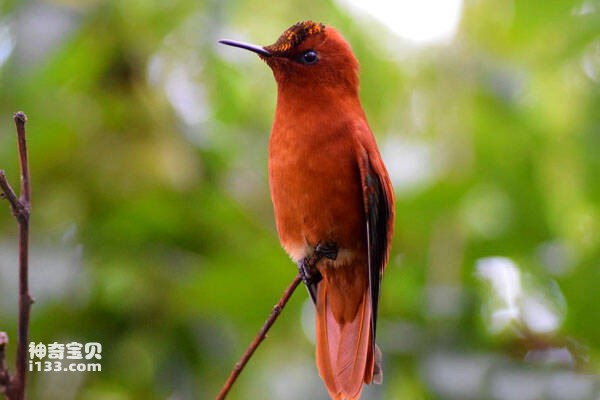
The male hummingbird does not participate in the construction of the nest, and the female makes the nest alone. Hummingbird nests are cup-shaped pieces of fabric that usually hang from branches, caves, rock faces, or large leaves. Hummingbirds lay two very small white eggs at a time, but they are huge compared to the size of the bird. The incubation period of the eggs is usually 15 to 19 days, and 17 days after hatching, the back will grow bright feathers and begin to practice flying.
International Union for Conservation of Nature (IUCN) Red List Protection level: Critically Endangered Species (CR).
Protect wild animals and eliminate wild meat.
Maintaining ecological balance is everyone's responsibility!

